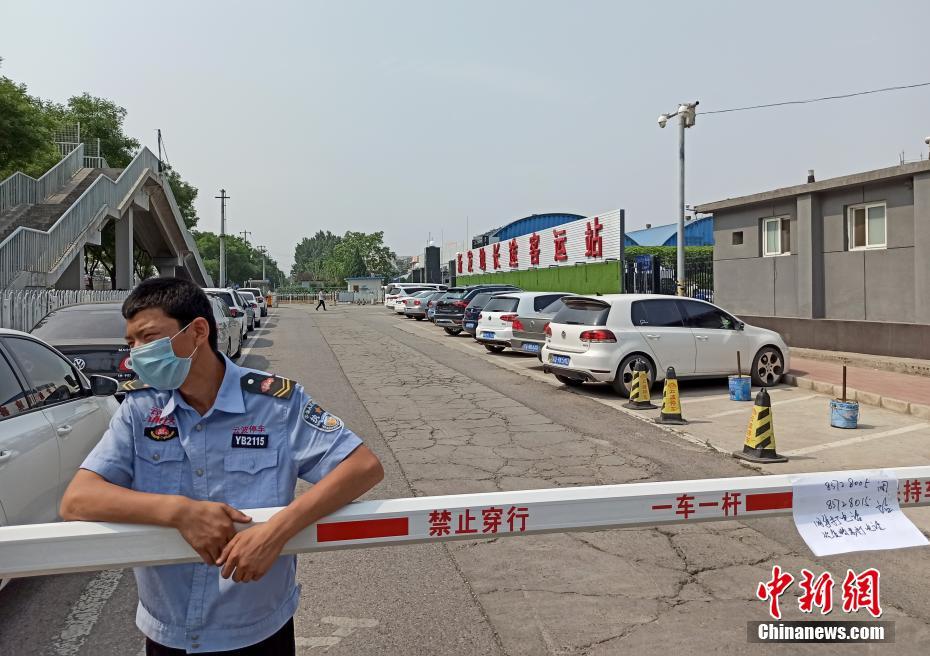Strong vigilance and resolute efforts crucial to stop virus making comeback: China Daily editorial


It was confirmed on Sunday that all the new novel coronavirus infections reported in the capital since Thursday, the first in almost two months, have been linked to a large wholesale market of meat, fruits and vegetables in Fengtai district.
In response, the Fengtai authorities have declared a "wartime mode" to combat the virus. In this special period, the market has been closed and 11 neighborhoods in its vicinity have been locked down. Tracing and testing have been ramped up to follow potential transmission chains from those working at the market and those who have visited it recently.
Speaking at a news conference on Sunday, in which she provided details of the cases, Pang Xinghuo, deputy director of the Beijing center for disease control and prevention, confirmed that all the new cases reported in the capital till then had been linked to Xinfadi, either working there or having direct or indirect exposure to the market.
The reemergence of the virus in the capital, along with the rising number of imported cases in the country, shows that people cannot relax their vigilance. The country's success in controlling the transmission of the virus may have lulled some people into a false sense of security. But the cluster of infections in Beijing should be a reminder that victory has not yet been decisively won.
It has not yet been determined how the virus first gained a hold in the market. But a National Health Commission expert team is assisting the capital's health authority to deal with the reemergence of the virus, and it is believed the market has offered the experts some food for thought, as the virus was found on the chopping boards in shops selling imported frozen salmon.
This has raised suspicions that the international cold-chain for frozen salmon may have acted as a channel for the virus to be transferred to the market from overseas. Since the fish are not thought to be the original hosts of the virus, that would suggest they were contaminated with the virus somewhere along the route.
However, that is just one possibility. Gene samples of the virus obtained from the market and throat swabs of people tested at the market are being analyzed to see if they are the same strain that appeared in Beijing two months ago, or similar to the one that was found in Harbin and Shulan in the northeast of the country, or the strains prevalent in the United States and Europe.
The results of the analyses are therefore expected to be informative, helping to map out how the virus is being transmitted and if it is mutating.
Meanwhile, although the cluster of infections has naturally sent a frisson of alarm through Beijing, there is certainly no cause for panic.
The authorities' swift response shows that the lessons have been learned from the fight that has already been waged against the virus. It will not be easy for it to make a comeback in the country if everyone maintains strong vigilance and makes resolute efforts to keep it at bay.


































